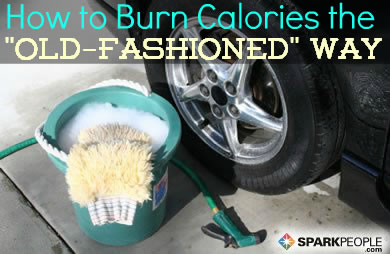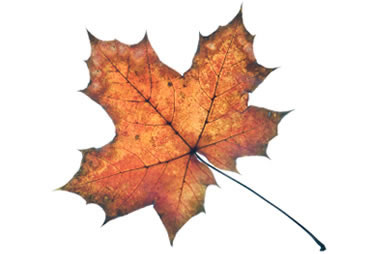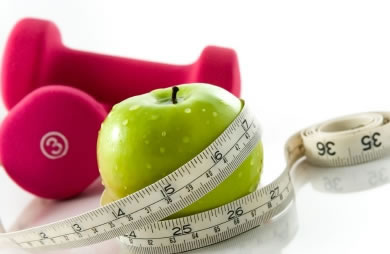10 Easy Ways to Go Green
-
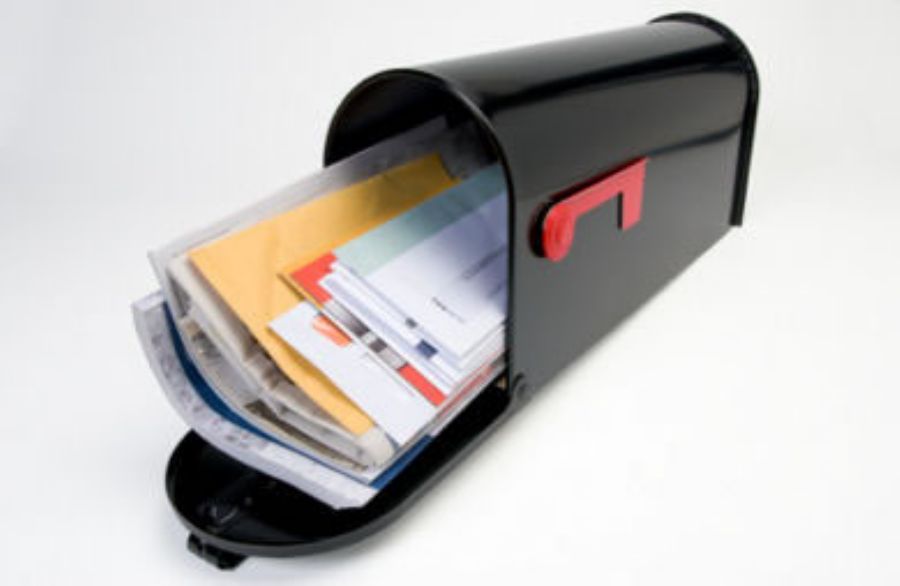
Stop junk mail!
Junk mail just adds more waste to our landfills. Register for a "mail preference system" and decrease your mail by up to 75%. (Cancel a couple of magazine subscriptions, and you'll also save $40 a year, too!) When stores ask for your telephone number, don't give it to them. They use your number to find your address—and send you junk mail!
-
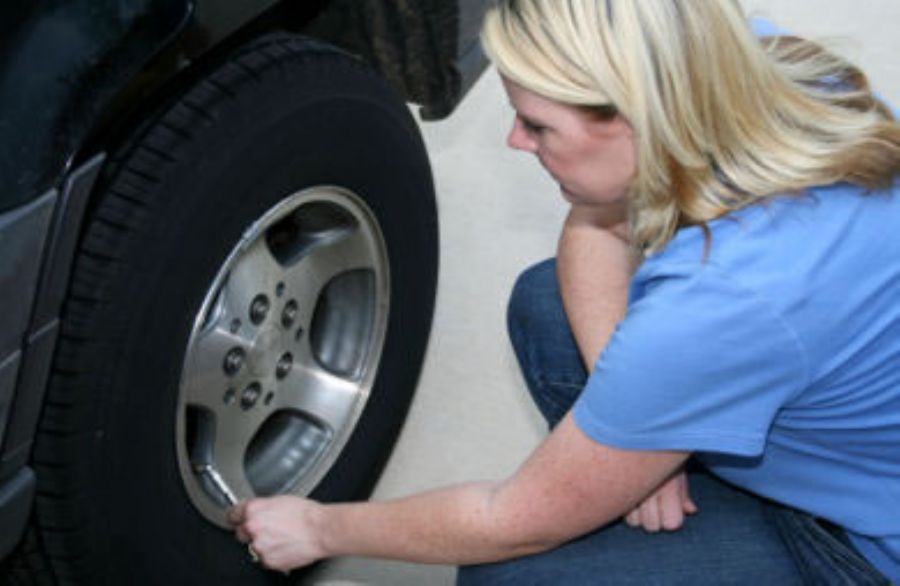
Inflate Your Tires
Your car runs its best when the tires are properly inflated. With gas prices rising each week, every bit helps. Making sure your tires have the optimum pressure can improve your gas mileage and reduce pollution. (Hint: Check your tires before you leave home, when they're cool. You'll get a more accurate reading.)
-
.jpg)
Bring Your Own Bags
It seems like every store is peddling reusable bags these days. Plastic is passé, and paper is on its way out, too. These days, cloth or recycled plastic bags are all the rage. Not only are they sturdier (no more broken eggs), but they're good for the Earth. Round up all the tote bags you've gotten at conferences and events over the years. Keep them in the trunk so you'll have no excuse to not use them. (Bonus: Many supermarkets refund a nickel or dime for each bag you bring.)
-
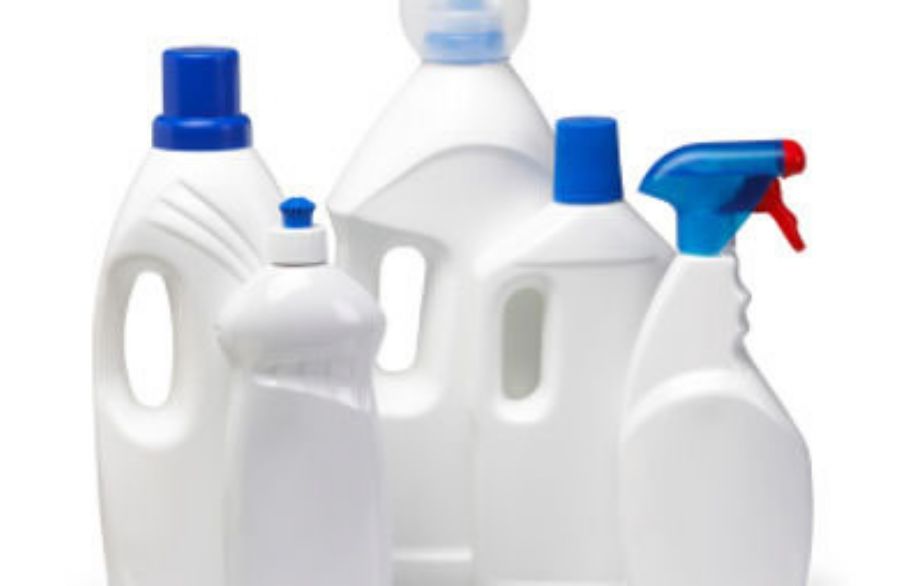
Natural Clean
Household cleaning products often contain chemicals that can harm your health and the environment. Vinegar, baking soda and even salt can be used to clean house, and there are now plenty of natural cleansers, soaps, and detergents on store shelves. Sleep well knowing your home is clean—and the waterways aren't being harmed in the process.
-
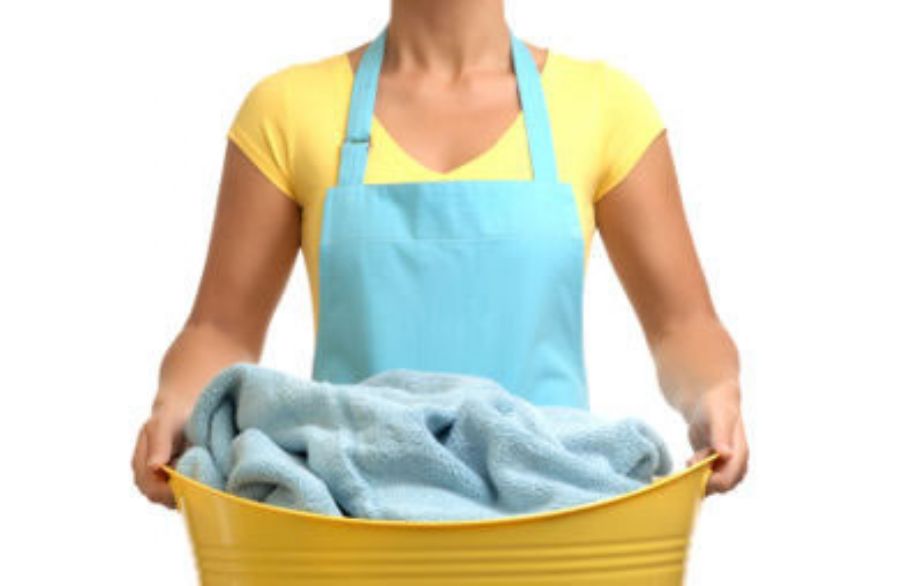
Keep it Cool
Wash your clothes in cold water. Laundry detergent works just as well in cold water, and you'll save money on energy. (And you'll cut up to 500 pounds of carbon dioxide emissions each year!) Rinse dishes in cold water, too, and only run the dishwasher when it's completely full. (While you're at it: Hang your clothes to dry. Get a rack for the laundry room or string up a line in your yard. They clothes will smell incredibly fresh and dry in no time on a summer day. Just watch the forecast for rain!)
-

Buy Local
Buying produce that was grown in your area has plenty of benefits. In addition to supporting local farmers and stores, buying local means that your food didn't have to travel as far, thus reducing the fuel used to get it from the field to your table. Shop at a farmers market, or ask the produce manager at your supermarket if they can carry local fruits and vegetables. (Save even more money by finding a pick-it-yourself farm, where prices are lower because you're doing all the work.)
-

Plant an Organic Garden
Worried about how far your food has traveled? There's an easy solution: Grow it yourself! Whether you're an apartment dweller with a tiny fire escape or a suburbanite with a sprawling back yard, you can grow some of your own food. Plant tomatoes, peppers and even strawberries in pots on the patio, grow a mini herb garden on a windowsill, or plant onions, potatoes and carrots in the yard. Feeling incredibly ambitious? Replace your flower beds with lettuce patches, and plant berry bushes and fruit trees if your climate permits. (Bonus: Gardening is a great way to burn some calories!)
-

Turn it Down
We wait all year for summer to bring warm weather, then we immediately crank the air conditioning and start freezing. During summer, it's OK to sweat a little. Turn the thermostat up a couple of degrees (keep it at 76 instead of 72 for example) to save at least 5 percent on your energy bill. During the winter, turn the thermostat down a couple of degrees. Pile on another blanket or put on slippers or a sweater to keep warm.
-
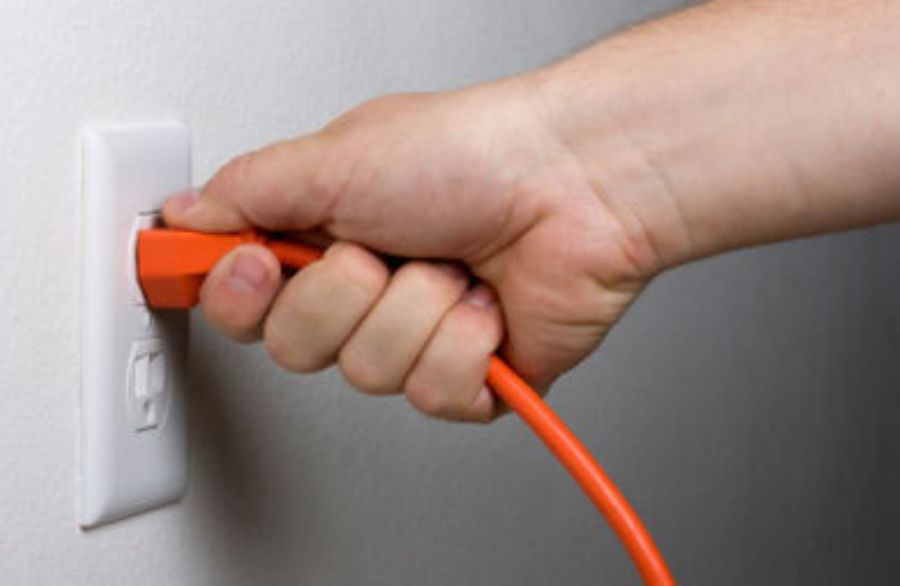
Unplug It
Look around your any room in your house. How many appliances are plugged in but not in use? The microwave, the TV and DVD players, the stereo, your son's computer, a couple of cell phone chargers, the toaster oven, the coffee pot, the coffee grinder, three lamps… the list goes on. Even though you're not using those appliances, they're still using electricity, even when "off." Use a power strip for electronics (including your computer and printer), and get in the habit of unplugging appliances after using them.
See more wellness slideshows
Green Light
Going green needn't require a lot of time, energy or money on your part. You actually can save a bit of money and conserve our natural resources by starting with these small changes.
Change your traditional light bulbs to compact fluorescent bulbs. Though they cost a bit more up front than traditional bulbs, they last longer and are more energy efficient, thus saving you money in the long run. Each bulb can save you approximately $30 over the course of its lifetime and saves 2,000 times its weight in greenhouse gases.
Start Slideshow
Stop junk mail!
Junk mail just adds more waste to our landfills. Register for a "mail preference system" and decrease your mail by up to 75%. (Cancel a couple of magazine subscriptions, and you'll also save $40 a year, too!) When stores ask for your telephone number, don't give it to them. They use your number to find your address—and send you junk mail!


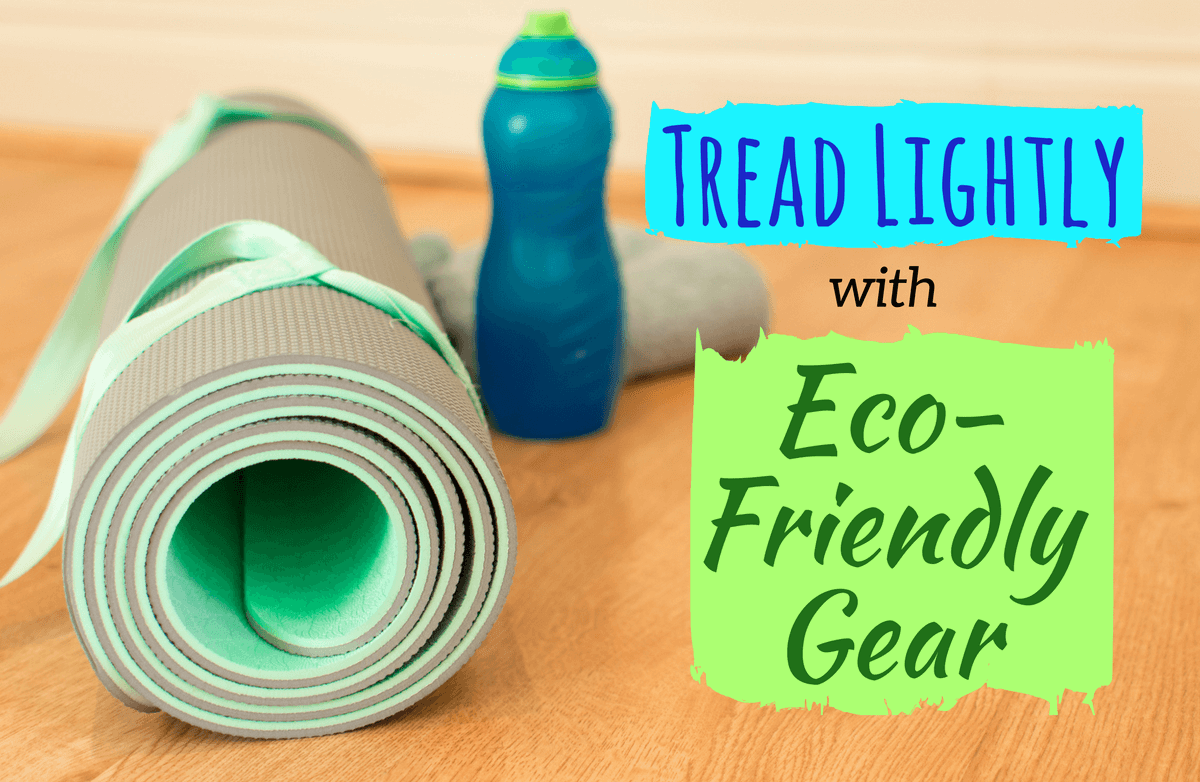
.jpg)
